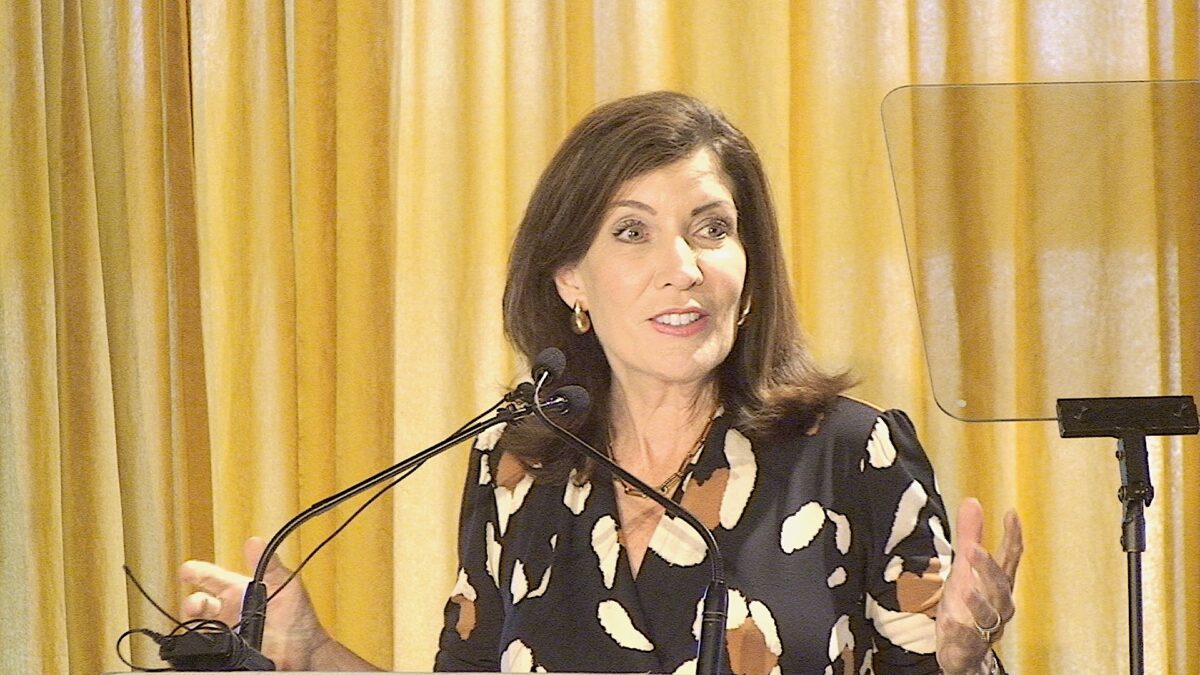BY JOHN HAGUE
With the SEC now casting a much wider examination net, the odds of a fund facing examination have gone up considerably. By taking certain basic steps, funds can be better positioned to respond to exams.
Be prepared in advance. If your fund is chosen for examination, you will have only a few days to respond to the initial document request and will likely have examiners on site within a week. If you are not prepared to present the information examiners require quickly and accurately, the examiners have the authority to start rummaging through your records to find it. This leads to an assumption that your firm”™s compliance activities maybe undisciplined, which will only heighten their focus and result in additional testing and reviews.
The following are questions COOs should consider in order to be prepared for an examination:
Do you know where and how to gather all key documents that an examiner might request? Identify those documents now, determine how they can be generated and complied quickly and be prepared to deliver them in a timely fashion. The faster and more thorough your response to the document request, the better.
Are you ready to explain your fund to examiners? Every fund is unique. If you can offer the examiners a clear, cogent overview of your fund”™s strategies, investments, relationships with affiliated parties and other key information, not only will it make their exam easier, it will reinforce a positive impression of your operations.
Have you checked for holes in your compliance efforts? If there”™s a problem with your compliance program, it”™s better to find it before the examiners do. Consider working with outside counsel or a consultant to conduct a mock examination. That way you can identify gaps in your compliance program and address them in advance.
Are your people ready? One person, probably your COO, should spearhead the exam effort, from responding to the document request to sitting in on all meetings with the examiners on site. That way you can ensure a coordinated response and also can identify and respond to possible issues as they emerge.
Also, prepare your other officers for interviews with examiners. They are likely more used to focusing on investment returns and customer relationships, not on compliance issues. By helping them understand the specific risk issues on which examiners are likely to focus and the compliance programs your firms has in place to deal with them, you can help keep the exam on track.
When the SEC staff is onsite, they will have follow-up questions daily. Make it a point to document their questions and requests when asked. Then, ensure you respond within 24 hours of their request or sooner. If the request will take longer, prep the SEC staff for that and explain why.
Heightened SEC attention is a fact of life for all funds. By understanding the new risk-based nature of the SEC”™s exam and enforcement approach, by vetting your current compliance effort to identify and address weaknesses before an exam and by being ready to respond to an exam quickly and efficiently, you can significantly reduce your fund”™s risks.
The SEC has no problems releasing news of compliance failures to the public. Further, the SEC has the power to find individuals culpable for compliance failures, not just the firm as a whole. In addition to reducing the reputational or individual risk of a failed examination, fund managers should also think of best practices and heightened institutional investor due diligence as they design, implement and monitor an effective and efficient compliance program.
John Hague is a partner and financial services industry leader for Chicago-based McGladrey, which maintains an office in Stamford and which provides tax, assurance and consulting services. Lindsey Simon, founder, Simon Compliance L.L.C. in Chicago, contributed to the column. Part 1 of this story ran in the Jan. 27 FCBJ.


















